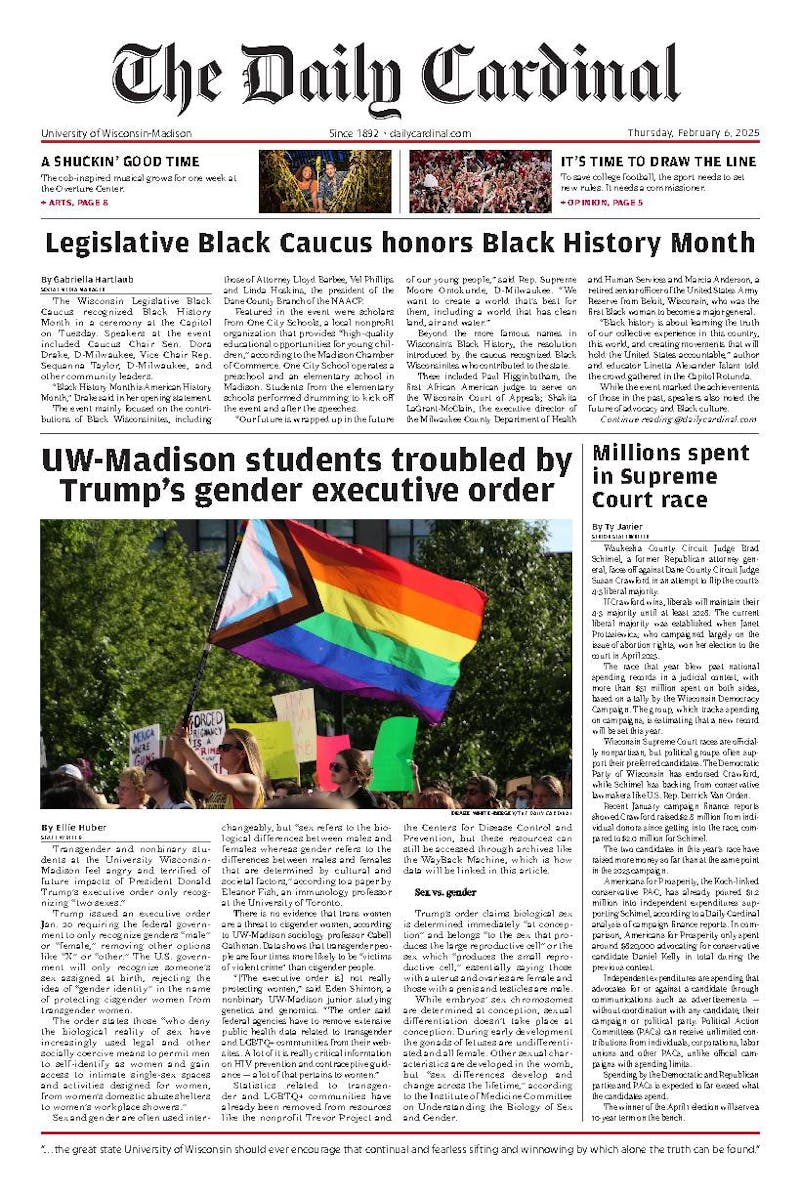The city of Madison’s $22 million funding referendum passed Tuesday night.
The referendum will raise property taxes above their state limit to close a $22 million deficit for 2025. The deficit would have caused Madison to encounter difficulties with paying the salaries of city employees and continuing providing services to residents.
State law prevents cities from raising income taxes or local sales tax to counter shortfalls.
The 2023-25 biennial budget passed by the Republican-controlled Legislature contained no increases in funding for shared revenue in Wisconsin, leaving Dane County cities underfunded compared to the rest of the state.
Officials in the city government have previously told The Daily Cardinal the blame for this deficit lies with the Legislature and the shift to fiscal conservatism that began under Gov. Scott Walker’s administration in 2010. Wisconsin cities have been unable to increase their tax levies in response to inflation by more than one percent of the city’s total taxable property value since May 2011.
"I am particularly grateful that we do not have to consider cuts to essential services that students rely on, such as late-night and weekend busses and public safety," District 8 Ald. MGR Govindarajan told the Cardinal. "These are services that students rely on daily, and I will not let the city compromise on them."
Madison is one of the fastest growing cities in the state, according to the Wisconsin Department of Administration, creating concern that an inability to secure funds will result in hiring problems in the city.
Though the city has faced a budget deficit for 14 years, the 2025 budget gap would have been the largest seen in years, Madison Finance Director David Schmiedlicke previously told the Cardinal.
The average Madison homeowner will pay around $240 more in property taxes annually as a result of this referendum’s passage.
Addressing a crowd of reporters at City Hall, Mayor Satya Rhodes-Conway gave closing remarks on concerns from residents about the tax hike.
“It’s not easy to vote to raise your own taxes, and we should never have been put in this position by the state Legislature,” Rhodes-Conway said. “It’s my commitment to the community that we as the city of Madison — and hopefully in coalition with other cities around the state and other folks who care about cities — will work with the state Legislature to get the investment that we need from the state of Wisconsin into cities.”






